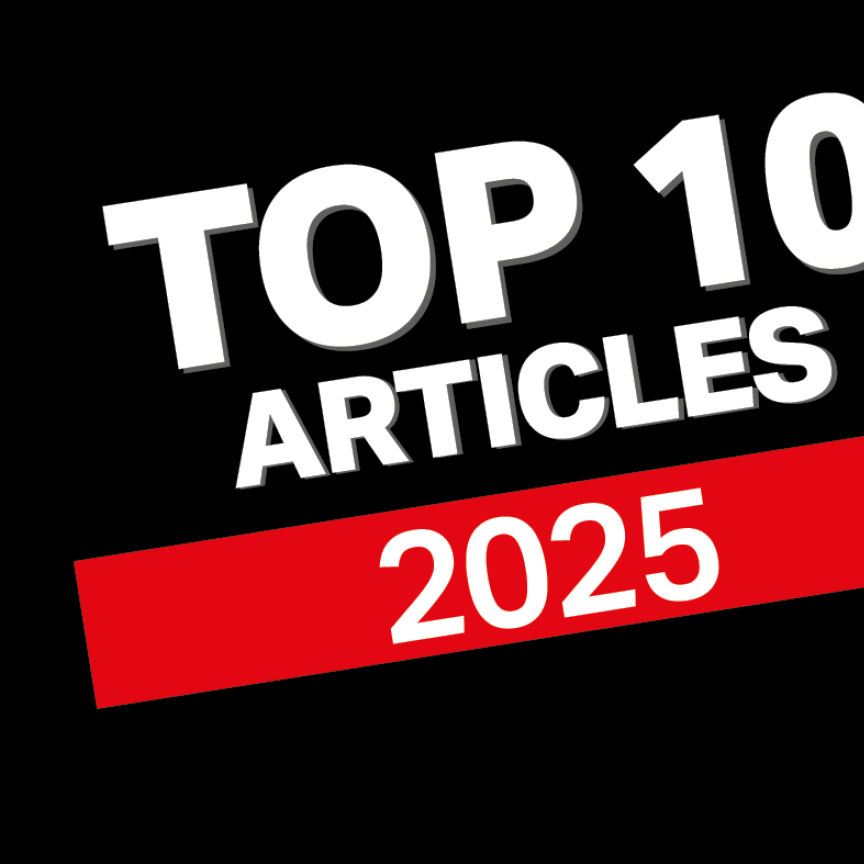An initiative funded by the European Commission that aims to accelerate the process of getting photonic device prototypes to market, has been launched. NEXPRESSO, the 'Network for EXchange and PRototype Evaluation of photonicS componentS and Optical systems' is a three-year project following on from the highly successful ACCORD initiative, which looks to provide support for SMEs in commercialising their prototypes.
Speaking to Electro Optics Tom Pearsall, secretary general of the European Photonics Industry Consortium (EPIC) in France, which initiated the programme, commented: 'Unlike almost every other European Commission-funded project, we're not looking at precompetitive research to develop an idea into a technology. We're looking to support the critical stage between prototype development and presence in the marketplace,' a stage that has been dubbed the 'Valley of Death'.
NEXPRESSO solicits SMEs to identify potential products in the final stages of development. These prototypes are then paired with relevant research laboratories or universities, which test the products in line with their research.
The benefit from the point of view of the SME is that the programme purchases the prototype, which generates cash flow for the business. On the university side, the project puts students in contact with companies and gives them the opportunity to work on the cutting edge of commercial development.
'SMEs get support to convert prototypes to products – to make a product launch while gaining cash flow,' said Pearsall. 'They've already invested a lot in product development, so this accelerates time-to-market. The universities get a piece of advanced equipment that can’t be bought on the open market. They are also put in contact with a company that has potential employment opportunities in the specific area in which the student is working – the company is launching a new product in this area and they'll need people to support it.'
The key challenge Pearsall identifies for the NEXPRESSO project is to find a sustainable funding mechanism. In the ACCORD (Advanced Components Cooperation for Opto-electronics Research and Development) project, the aim was to show this was a popular and productive exchange mechanism. 'The ACCORD project was wildly successful,' said Pearsall. 'In the NEXPRESSO project, we don't have to prove it's a good idea any more. What we have to find is people that are interested to adopt these exchange programmes. We think those people are regional development or national development authorities, such as the Photonics Knowledge Transfer Network in the UK, for example.'
One of the initiative's partners, Optics Valley in France, is running a pilot exchange with the Conseil régional d'Île-de-France with the hope that they will adopt the programme.
'What is rewarding to me is that we make connections between companies and universities all over Europe,' Pearsall said. The ACCORD project facilitated successful interactions between a company in Moscow that made optical wavefront analysers and a university in Latvia, as well as a laser manufacturer in Bordeaux and a university laboratory in Finland. In the latter example, the university liked the product so much they ended up buying additional materials from the company.
NEXPRESSO recently closed a call for photonic components and systems from companies. The project will now ask for responses from universities.

